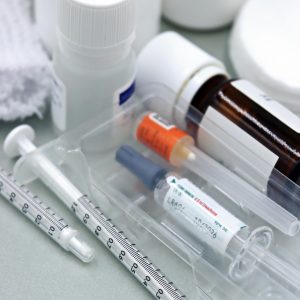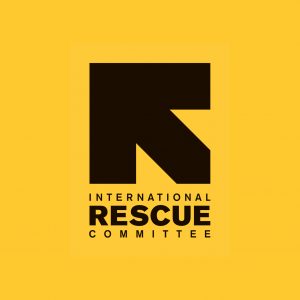Addictions on the rise in Israel
Beersheba, Israel — AFP
At 19, Israeli man Yoni has to put aside his plans to join the military and instead enter rehab for drug abuse that has worsened since the events of October 7 and the launch of Israel’s war on Gaza.
Health professionals said Yoni’s case is not an exception in wartime Israel, noting a surge in drug and alcohol abuse as well as other addictive behaviours.
Yoni, who asked to use a pseudonym to protect his privacy, shares that he had started taking drugs recreationally before, but “after the war it seemed to really get worse”.
“It’s just a way to escape from reality, this whole thing,” said the resident of Beersheba in southern Israel.
Psychiatrist Shaul Lev-Ran, founder of the Israel Center on Addiction, said that “as a natural reaction to emotional stress and as a search for relief, we’ve seen a spectacular rise in the consumption of various addictive sedative substances.”
A study carried out by his team, based in the central city of Netanya, found “a connection between indirect exposure to the October 7 events and an increase in addictive substances consumption” of about 25 percent.
Lev-Ran disclosed that they have identified a rise in the use of “prescription drugs, illegal drugs, alcohol, or addictive behaviour like gambling”.
One in four Israelis have increased their addictive substance use, according to the study, which was conducted in November and December on a representative sample of 1,000 Israelis. In 2022, before the war, one in seven struggled with drug addiction.
– ‘Shock’ –
The October 7 attack, when Palestinian fighters stormed into southern Israel caused a real “shock” in Israeli society, Lev-Ran said.
The study found that “the closer individuals were to the trauma, the higher the risk” of addictive behaviours.
The Israel Center on Addiction study found an increase in addictive substance consumption among survivors of the October 7 attack, but also among Israelis displaced since then from communities near the Gaza border or in the north, near Lebanon.
“Some who had never consumed addictive substances started using cannabis, some used substances but increased their use, and some were already treated for addiction and relapsed,” said Lev-Ran.










